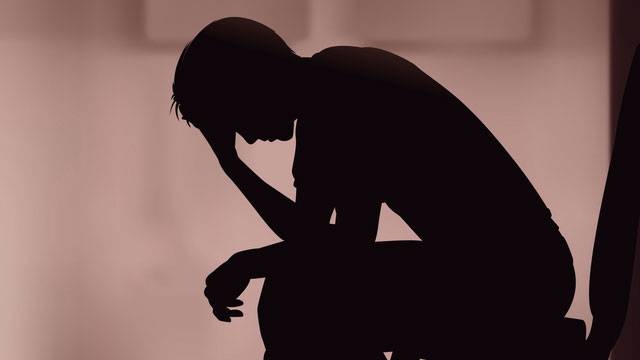SUMMARY
This is AI generated summarization, which may have errors. For context, always refer to the full article.

When I found out about the suicide of a University of the Philippines student, I felt compassion for the young woman who lost her battle against overwhelming despair and hopelessness. I felt a sad kinship with her loved ones. Like them, my family was blanketed by the heavy cloak of grief a few years ago, and we still feel its ghostly weight in our hearts.
I found out about the suicide from Facebook posts. There were many who decried the current tuition fee policy and just as many defended the university. Opinions littered my Facebook feed.
I know that there is a universal need to understand what happened. I want to point out though, that, we have absolutely no right to her history and the personal details of her life. Veiled criticism and harsh judgment often masquerade as speculation. Let us not add those to her loved ones’ burden.
We do have a right to inquire about the policies of UP because it is a state institution tasked with the care of the best and the brightest that our country has to offer.
Specifically, the policies regarding mental healthcare access and identification of and support for at-risk students should be reviewed and scrutinized. About 90-95% of adolescents in a recent National Comorbidity Survey in the US, who had suicidal thoughts or attempted to kill themselves, have a mental disorder.
In the Philippines, suicide rates are higher in adolescents and young adults and, in women, they are highest in the 15-24-year-old age group. The need for mental health services in colleges and universities in the Philippines is clear. Identification of at-risk students and provision of adequate support should be a priority.
Prioritizing mental healthcare
The University of the Philippines, which prides itself as the premier institution for higher learning in the country, should be leading the way in providing these services. There is no reason why we should not hold UP to a higher standard when it comes to mental healthcare delivery and to test its effectiveness with as much rigor as they put the students through.
Discussion and debate over the issues of poverty and education access are important and should be receiving the attention that they are getting. I was just surprised that mental healthcare access was not brought up at all, considering this was a tragic suicide by a student.
This glaring blind spot may be related to an underlying trend in many of the comments and posts that I read. Many people were writing well-meaning messages that directly or indirectly pointed to a weakness in character or lack of will as the reason behind suicides. I even read a post that alluded to a whole generation being less able to cope because they had it easier.
These beliefs and statements do nothing but feed the stigma against mental health problems. The stigma that says, “When you are despairing, feeling hopeless and unable to cope, you are weak.” This stigma is one of the main reasons people do not seek help. They would much rather suffer in silence than face being dismissed or ridiculed.
I was disheartened by the casual attribution of weakness in character to people with mental illness. This has not been my experience, during the course of my work as a psychiatrist. Every day they fight, despite the absence of happiness, despite a crumbling reality. Despite feeling alone and flawed.

Depression
I hope that people would be more mindful of what they say and examine the biases buried within their beliefs on suicide. We have all felt sadness, but, there is a difference between sadness and clinical depression.
There is even a difference between mild to moderate depression and severe depression with suicidal thoughts. You can’t really know what the latter feels until you have actually had it.
One metaphor I can think of is the cold of winter. You can read about it, hear stories about it and watch movies about it, but, until you are freezing your butt off in the middle of a snow bank, you just cannot know how f^#’ing cold (and painful) it actually is.
One might not know what it is like to struggle with mental health problems, but that shouldn’t hinder us from feeling compassion for those who do. Using the metaphor of winter cold, when you see somebody blue-lipped and shivering miserably, be the person who encourages them to get a thick coat, and who doesn’t shame them by telling them to just grit their teeth through it. – Rappler.com
Ana Junia graduated from the BS Psychology program of UP Diliman, class of 1998. She was trained in psychiatry by, and became administrative chief resident at, the Harvard Medical School South Shore psychiatry program in Massachusetts, USA. She graduated from there in 2010. She now works as a psychiatrist in the City of Davis in California.
Image via Shutterstock
Add a comment
How does this make you feel?
There are no comments yet. Add your comment to start the conversation.